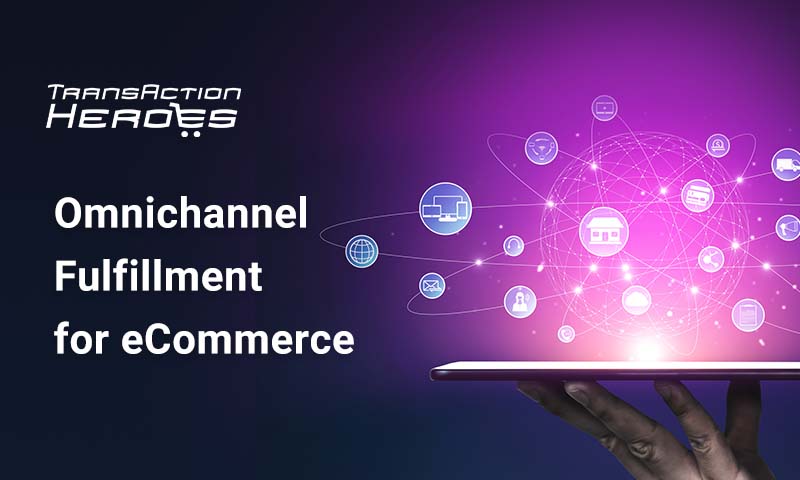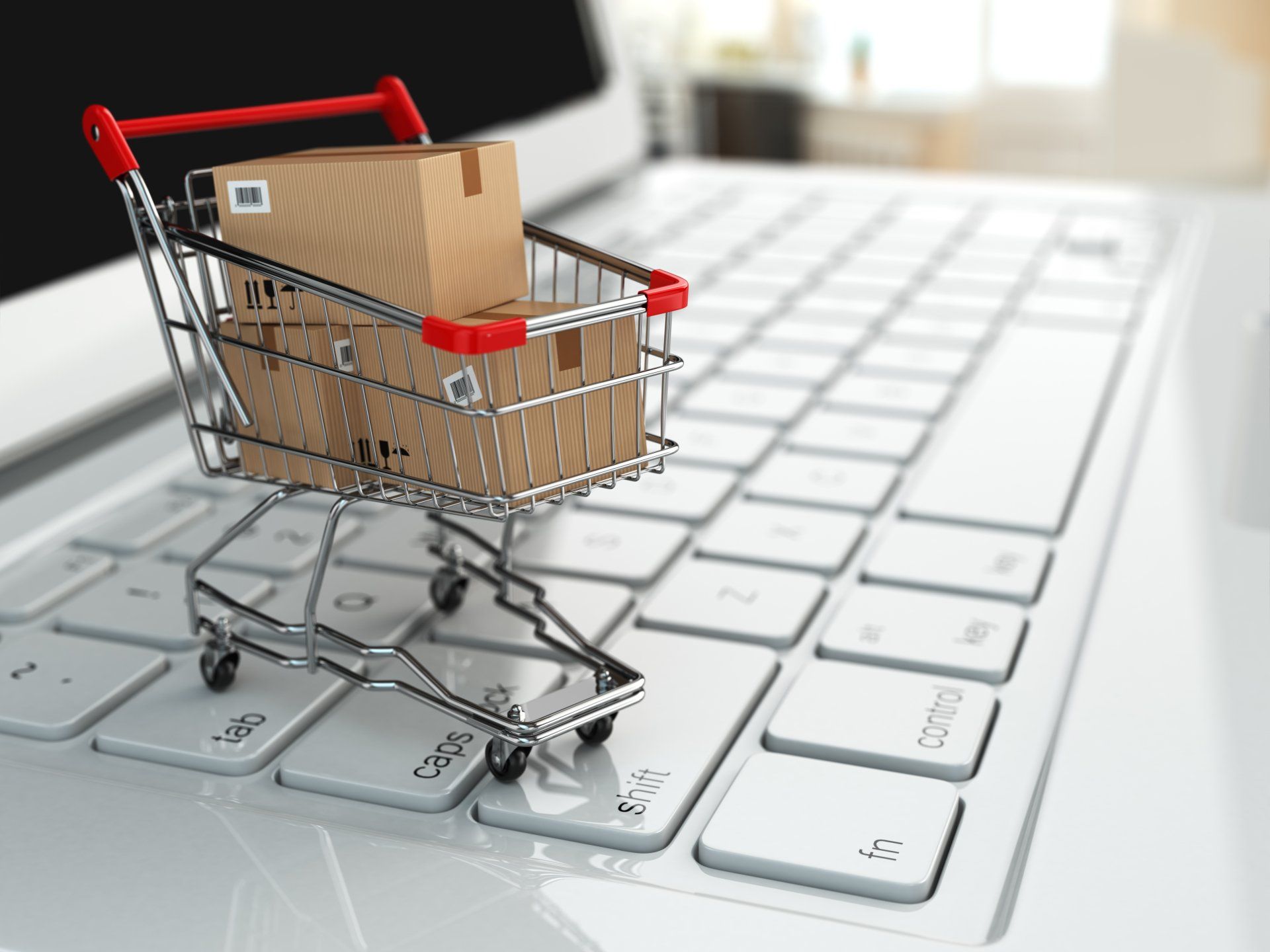Selling on Amazon Might Hurt Your Ecommerce Business—Here’s Why
Consider these 3 factors before choosing order fulfillment with Amazon FBA
Selling on Amazon may seem like an appealing opportunity. Amazon has a well-established reputation, with a website that gets approximately 2.5 billion web visitors every month, and a wide-reaching fulfillment network, Amazon FBA. But before you decide to trust Amazon FBA for order fulfillment, consider that not every eCommerce business is designed to thrive on Amazon.
Amazon is primarily a commodity marketplace; their efforts are focused on moving products from seller to buyer, turning a profit through the process. Their business model wasn’t designed to help startup, early-stage, or small businesses find success on their platform.
But it’s not all doom and gloom! Read on to find out if Amazon FBA is a good fit for you—or if you’re better suited to other fulfillment solutions.
What is Amazon FBA?
Amazon FBA (Fulfilment by Amazon) is Amazon’s eCommerce fulfillment network. eCommerce store owners send their products to be stored at one of Amazon’s many warehouses. When customers place an order, Amazon takes care of the order fulfillment process from picking, packing, shipping, and receiving, to customer service.
Sounds ideal: almost like you don’t have to worry about any nitty gritty logistics once you ship off your inventory. Unfortunately, the reality of fulfilling orders with Amazon FBA isn’t as easy (or affordable) as you’re led to think it is.
3 reasons why selling on Amazon isn’t the best choice for some eCommerce store owners
Amazon FBA fees add up
Amazon charges third-party sellers hefty administrative fees to set up shop in their Marketplace.
If you visit the Pricing page on Amazon’s website, you’ll find a comprehensive explanation of Amazon charges.
At a glance, sellers must pay for the following:
- A selling plan, which costs roughly $30 a month, or $360 a year.
- Referral fees. This is where Amazon takes 8-15% of profits for every item you sell.
- Fulfillment fees. Fulfilling orders via Amazon FBA can cost as high as $134.90 CAD.*
*Note that this doesn’t include storage fees, which increase during the holiday shopping months in October-Dec
Amazon does offer a profitability calculator on this page. But if you’re an eCommerce start-up or an early-stage business, the high cost of these administrative fees may make it difficult for you to grow your business.
Selling on Amazon means you don’t control branding
Choosing to sell on Amazon may let you meet consumers where they are (In 2020, there were 150 million Amazon Prime subscribers). But you must remember that the Amazon Marketplace is massive, and you will compete against hundreds— potentially thousands—of competitors. It can be hard to find a competitive edge when Amazon restricts branding and personalization.
80% of consumers are more likely to make a purchase with you if you offer them personalized experiences. 44% are more likely to be repeat buyers for the same reason. Despite this, Amazon forbids sellers to ship boxes with branding and from including any personal notes for customers. All items must be shipped in a box with an Amazon label.
If you’re attempting to develop more personal relationships with your customers, you’re better off partnering with other eCommerce platforms and fulfillment solutions such as Shopify and Transaction Heroes.
Your products could get lost in Amazon’s huge logistics system
As of 2021, there are 1.5 million active sellers on Amazon, and the platform is still growing. Amazon gains roughly 1,621 new sellers every day. This means that you might have to wait weeks for an Amazon worker to log your inventory into the FBA system. This lag time then causes a domino effect: your shipments get delayed or cancelled, which then affects customer satisfaction and your store reviews.
Products can also get lost in Amazon’s huge supply chain. Your inventory could get swapped with another seller’s inventory, especially if you both sell similar products and their products are stored in a warehouse location closer to the customer.
Stay in control of your eCommerce business with a fulfillment partner like TransAction Heroes
At TransAction Heroes, we understand the importance of building a supportive partnership with our clients—and not owning all aspects of their business. We offer personalized order fulfillment services to eCommerce businesses at all stages of business maturity, from startups to Fortune 500 companies. No matter what stage your business is at, we meet you where you are.
Benefits of partnering with TransAction Heroes:
- Rest assured that your inventory is managed with attention and care. We provide onboarding sessions so you can walk through our warehouses and meet the Heroes who manage your products. When you ship your inventory to our warehouse, you receive a report within 48 hours of us receiving it. We understand the importance of good inventory management, so we maintain a regular inventory counting cycle to catch problems early.
- You always have a direct line to us. You get a TransAction Hero customer service representative assigned to your account. You can contact us any time via phone or email to discuss questions or concerns.
- We don’t charge a set-up fee or a minimum order for our services. We also offer wholesale order fulfillment for customers who want to delve into the wholesale market.
We get that for some eCommerce store owners, Amazon may be the right fulfillment partner. But if you’re someone who wants to remain in control of your business, grow your personal brand, and have a high-touch relationship with your fulfillment provider, a boutique fulfillment company like TransAction Heroes may be a better fit.
We care about our clients’ success, so our priority is to get your business up and running as quickly as possible.







